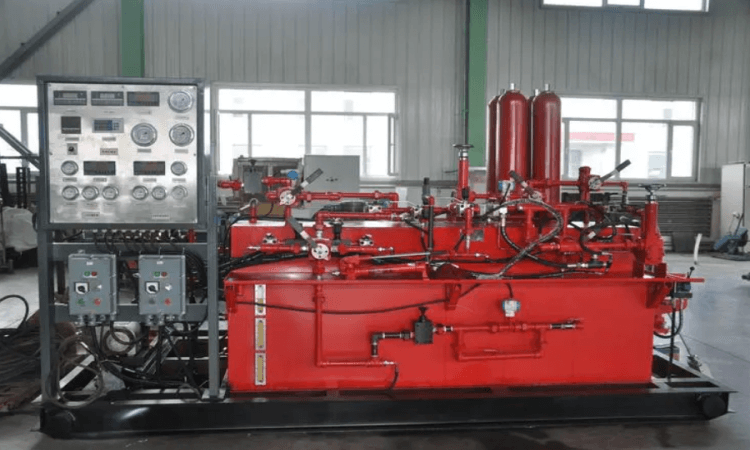Types and Selection Guidelines for Drill Collars
Drill collars are an important component of drilling operations, providing weight, stability, and optimal drilling performance for the drill bit. Understanding the different types of drill collars and their respective strengths and weaknesses is crucial for successful drilling operations. In this article, we will explore three main types of drill collars: smooth drill collars, spiral drill collars, and non magnetic drill collars. We will also provide guidelines to help you choose the drill collar that best suits your specific needs.

1.Slick Drill Collars:
Slick drill collars are smooth, without any spiral grooves or blades. They are typically made of solid steel bars and provide maximum weight transfer to the drill bit. Here are the key characteristics and pros and cons of slick drill collars:
Advantages:
a. Maximum Weight Transfer: Slick drill collars offer superior weight transfer, ensuring efficient drilling and improved bit performance.
b. Borehole Stability: Their rigid design helps maintain borehole stability, minimizing the risk of deviation or hole enlargement.
c. Durability: Slick drill collars are known for their durability and longevity, making them suitable for extended drilling operations.
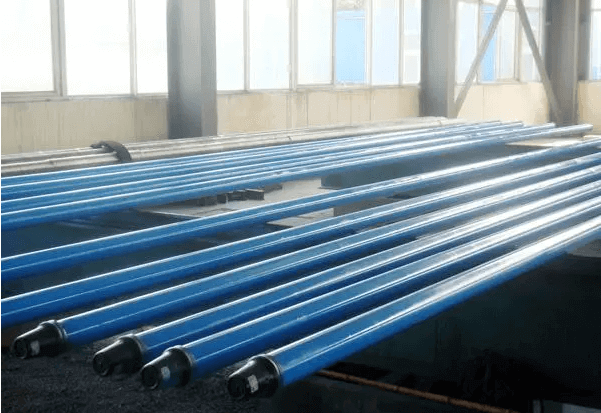
Disadvantages:
a. Increased Drag and Torque: Due to their solid construction, slick drill collars can generate higher drag and torque during drilling, requiring additional power and careful management.
b. Limited Flexibility: Slick drill collars have limited flexibility, which can pose challenges in deviated or horizontal drilling.
c. Higher Cost: Slick drill collars are generally more expensive compared to other types due to their solid steel construction.
2.Spiral Drill Collars:
Spiral drill collars feature spirally milled blades welded onto the outer surface of the collar. These collars reduce drag and torque, providing smoother drilling and improved operational efficiency. Let's explore the advantages and disadvantages of spiral drill collars:
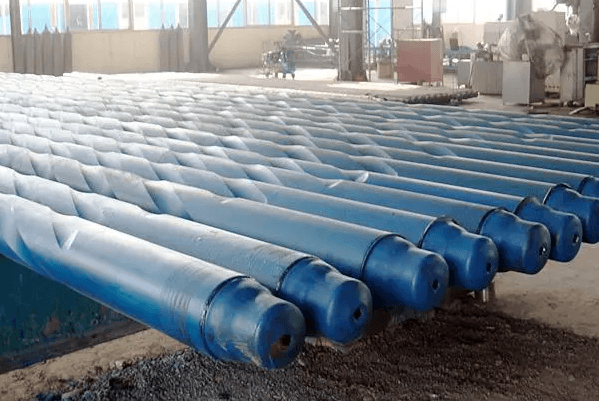
Advantages:
a. Reduced Drag and Torque: The spiral blades on drill collars reduce drag and torque, allowing for smoother drilling and improved operational efficiency.
b. Flexibility: Spiral drill collars offer increased flexibility, making them suitable for deviated and horizontal drilling applications.
c. Cost-effectiveness: Spiral drill collars are generally more cost-effective compared to slick drill collars, making them a preferred choice for many drilling operations.
Disadvantages:
a. Less Weight Transfer: Compared to slick drill collars, spiral drill collars provide relatively less weight transfer, which may impact drilling efficiency in certain situations.
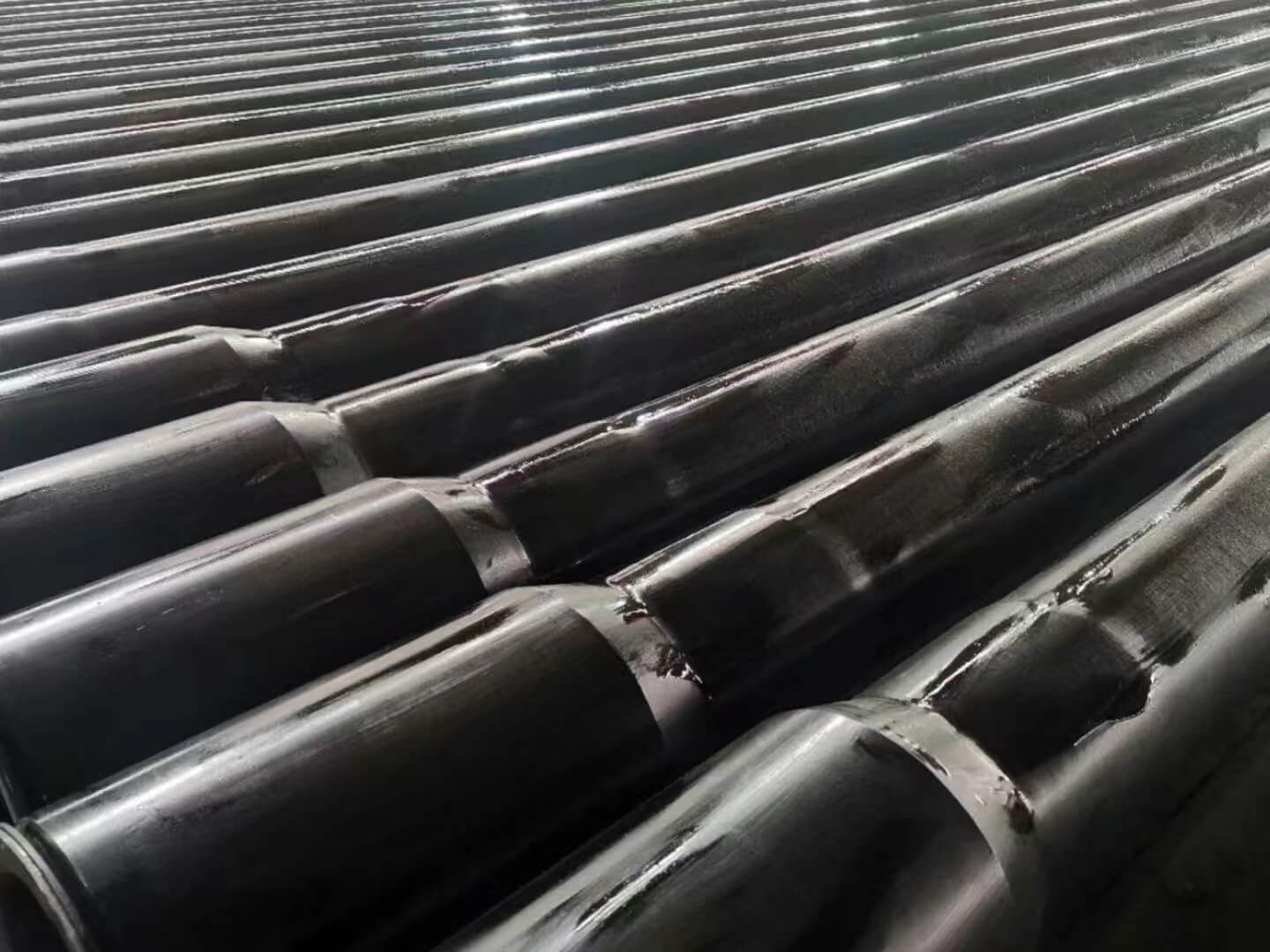
b. Potential Wear and Tear: The spiral blades on drill collars may be subject to wear and tear, requiring regular inspection and maintenance.
c. Reduced Longevity: Spiral drill collars may have a shorter lifespan compared to slick drill collars due to potential blade damage or welding-related issues.
3.Non-magnetic Drill Collars:
Non-magnetic drill collars are specially designed to reduce magnetic interference in drilling operations, making them suitable for environments sensitive to magnetic fields, such as offshore or near sensitive equipment. Here are the advantages and disadvantages of non-magnetic drill collars:
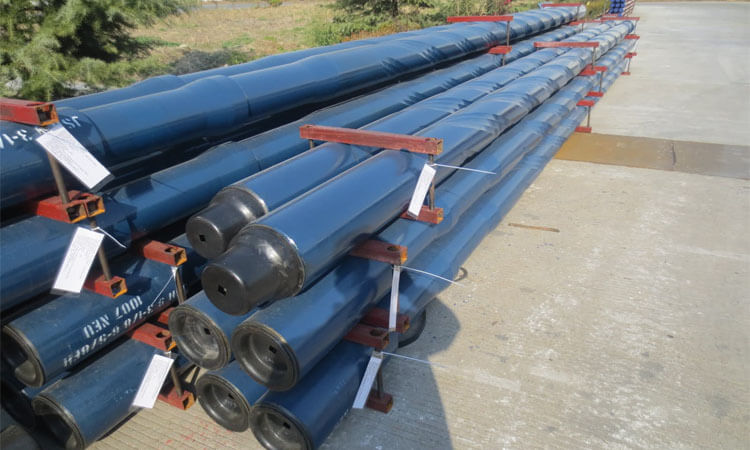
Advantages:
a. Magnetic Field Reduction: Non-magnetic drill collars significantly reduce magnetic interference, ensuring accurate measurements and minimizing operational disruptions.
b. Enhanced Safety: The use of non-magnetic drill collars in sensitive environments reduces the risk of accidents or damage to nearby equipment.c. Compatibility: Non-magnetic drill collars are compatible with standard drilling equipment and can be used seamlessly in existing operations.
Disadvantages:
a. Limited Weight Options: Non-magnetic materials are typically lighter than steel, which can limit the weight options available for weight transfer in drilling operations.
b. Higher Cost: Non-magnetic drill collars are generally more expensive compared to other types due to the specialized materials and manufacturing processes involved.
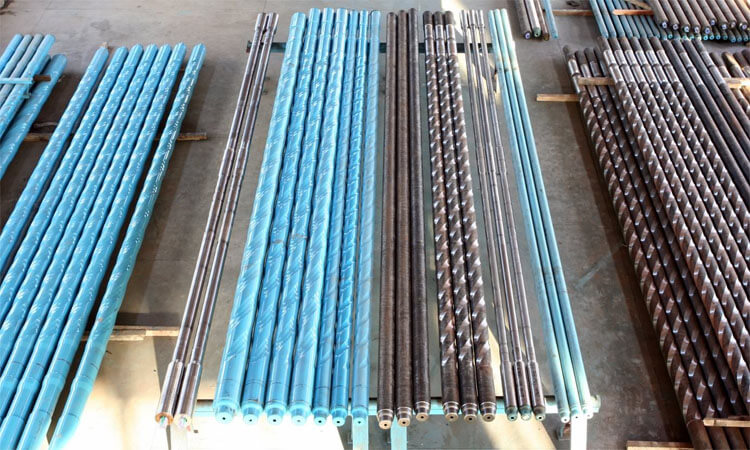
c. Reduced Durability: Non-magnetic materials may have reduced durability compared to steel, requiring careful handling and maintenance to prevent damage.
Selection Guidelines for Drill Collars:
When selecting the most suitable drill collar type for your drilling operation, consider the following guidelines:
Drilling Conditions: Assess the stability of the borehole, deviation requirements, and torque considerations to determine the appropriate type of drill collar. Slick drill collars are suitable for stable boreholes, while spiral drill collars offer flexibility for deviated or horizontal drilling. Non-magnetic drill collars are ideal for magnetic-sensitive environments.
Weight Transfer: Evaluate the weight transfer needs based on the specific drilling operation. Slick drill collars provide maximum weight transfer, while spiral drill collars offer a balance between weight transfer and reduced drag. Non-magnetic drill collars may have limitations in weight options.
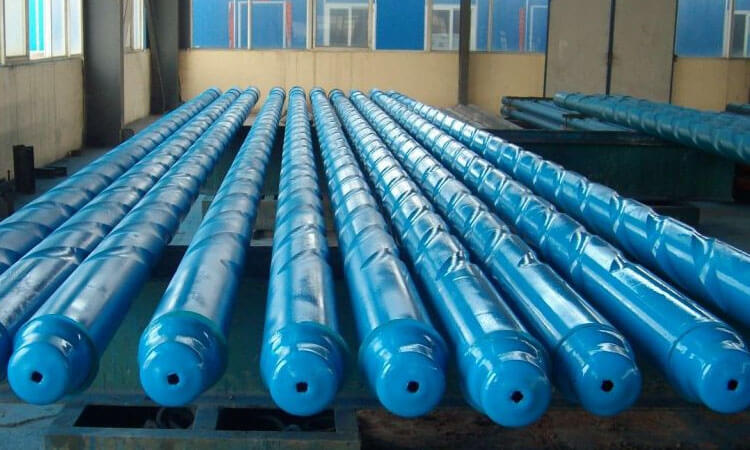
Cost Considerations: Consider the budget constraints for your drilling project. Slick drill collars are generally more expensive due to their solid steel construction, while spiral drill collars and non-magnetic drill collars may provide cost-effective alternatives.
Longevity and Maintenance: Assess the expected lifespan and maintenance requirements of the drill collars. Slick drill collars are known for their durability and longevity, while spiral drill collars and non-magnetic drill collars may require regular inspection and maintenance due to blade wear or specialized materials.
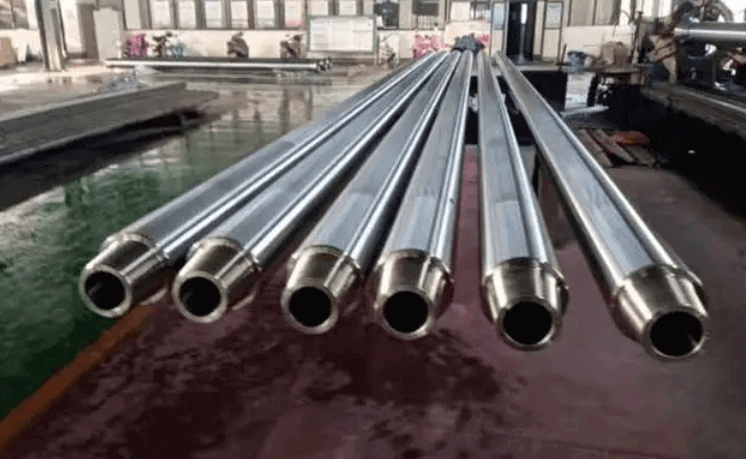
Choosing the right drill collar type is crucial for achieving optimal drilling performance. Slick drill collars provide maximum weight transfer and stability but may have limitations in flexibility and cost. Spiral drill collars offer reduced drag, increased flexibility, and cost-effectiveness. Non-magnetic drill collars are suitable for magnetic-sensitive environments but may have limitations in weight options and higher costs. Consider the drilling conditions, weight transfer needs, cost considerations, and maintenance requirements to make an informed decision. By following these selection guidelines, you can choose the most suitable drill collar type for your specific drilling operation, ensuring efficient and successful results.
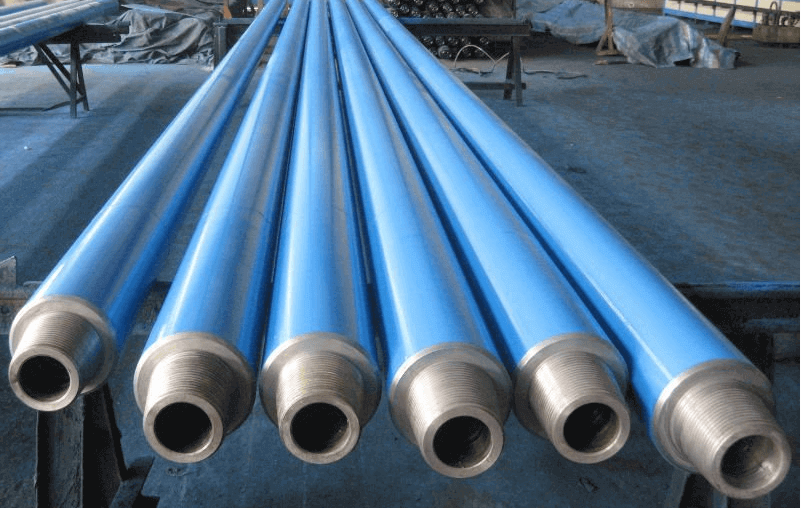
Sino Mechanical could supply slick type drill collar, spiral drill collar and Non-magnetic drill collar (NMDC).The heat treatment of Sino Mechanical's drill collars is quenched and tempered by unique power frequency induction heating.All series of drill collars are fully inspected one by one to meet the requirements of API standards and our internal technical conditions. If you want to know latest Drill Collars price , don’t hesitate to contact us anytime. We will get back to you within 24 hours.

